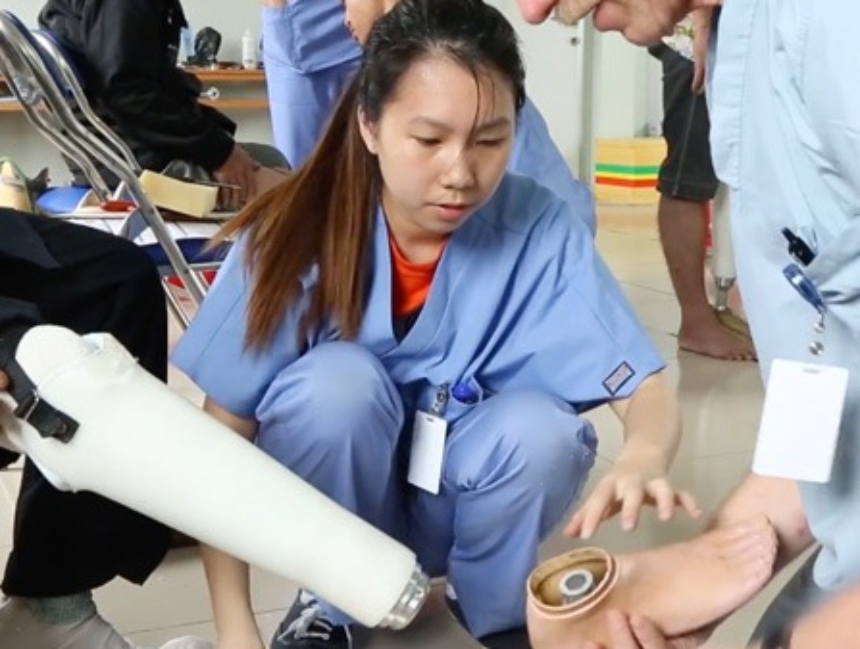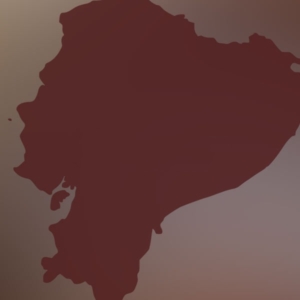An estimated 100,000 amputees are currently living in Vietnam, with an additional 2,000 men, women and children losing limbs each year due to the 2.2 million unexploded ordnance and landmines left over from the Vietnam War.
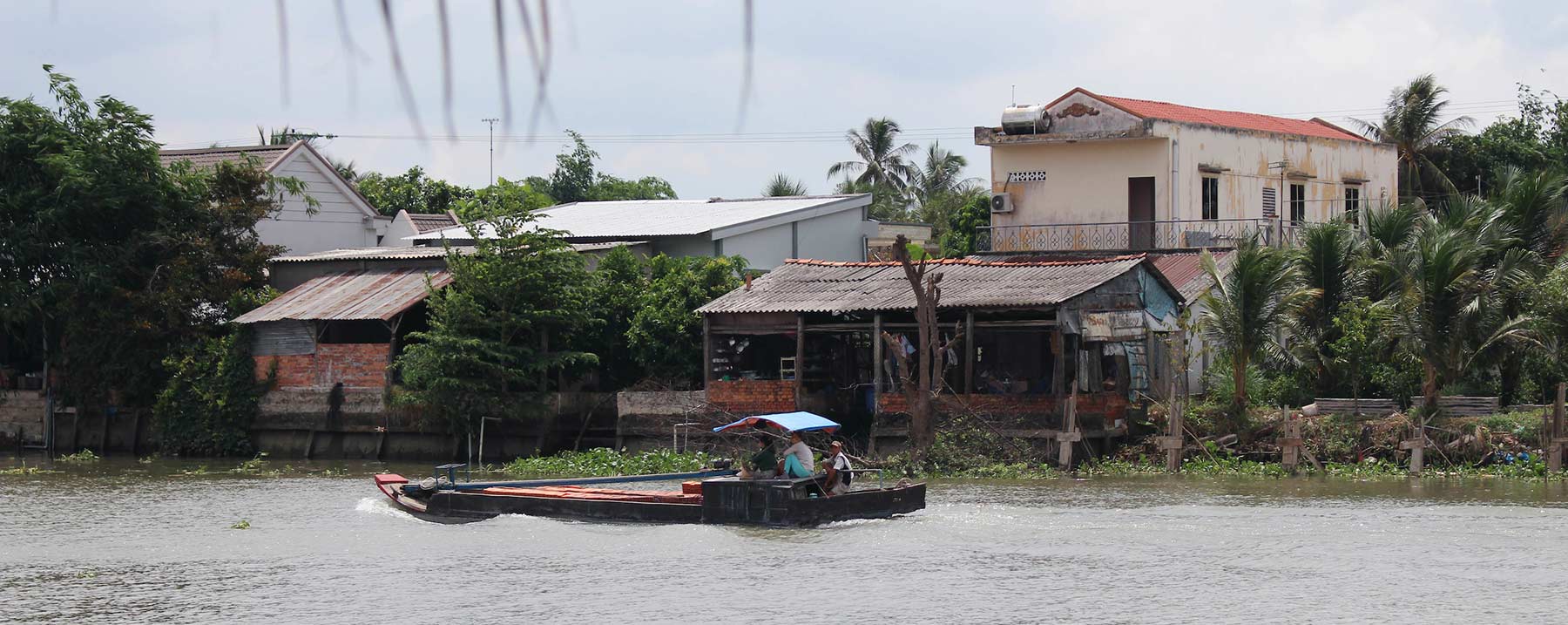
The son of a U.S.-trained non-commissioned officer in the army of the Republic of Vietnam, Mercer biomedical engineering professor Dr. Ha Van Vo experienced many of the horrors of the Vietnam War at a young age. Foremost among them were the devastating consequences of these deadly devices.
Dr. Vo arrived in the U.S. in 1990 and worked as a bus boy, and later a cook, to put himself through college. He earned advanced degrees in medicine, podiatric medicine and surgery, manufacturing engineering, and biomedical engineering with his sights set on helping the men, women and children of his native country.
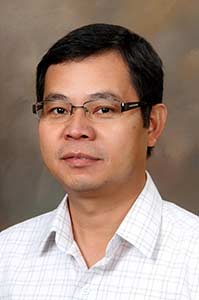
Appointed to the Mercer engineering faculty in 2005, Dr. Vo collaborated with University Minister and Dean of Chapel Dr. Craig McMahan over the next two years to include a prosthetics program in Vietnam under the umbrella of the University’s innovative service-learning and study abroad initiative known as Mercer On Mission.
Dr. Vo produced a prototype that he called the Universal Socket Prosthetic, unique in its durability, custom fit and adjustability, as well as its low cost. Most of the patients who are fitted with the Mercer prostheses are laborers, so Dr. Vo knew at the outset that the devices needed to stand up to rigorous use. Traditional below-the-knee prosthetics cost between $8,000 and $10,000, while the Universal Socket Prosthetic, which received a U.S. patent in 2015, costs less than $250.
A recent analysis by Vietnamese government officials found that of 177 prosthetics patients surveyed – many of whom had worn their Mercer prosthesis for up to three years – 82 percent indicated that they wore their prosthetic leg for more than eight hours per day. Of the remaining 18 percent, 14 percent were not wearing their prosthesis because of vascular problems that had nothing to do with the prosthesis itself, giving the device an effective success rate of 96 percent.
A major grant from the Macon-based Sheridan Foundation, as well as gifts from individuals, organizations and companies such as the Macon Rotary Club and Sheridan Construction Co., have allowed the University to greatly increase production of prostheses in Vietnam. To date, the program has fit more than 10,000 amputees and grown its capacity to fit as many as 3,200 new patients per year. Production is only limited by the amount of money the University can raise for materials and labor to manufacture the prostheses.
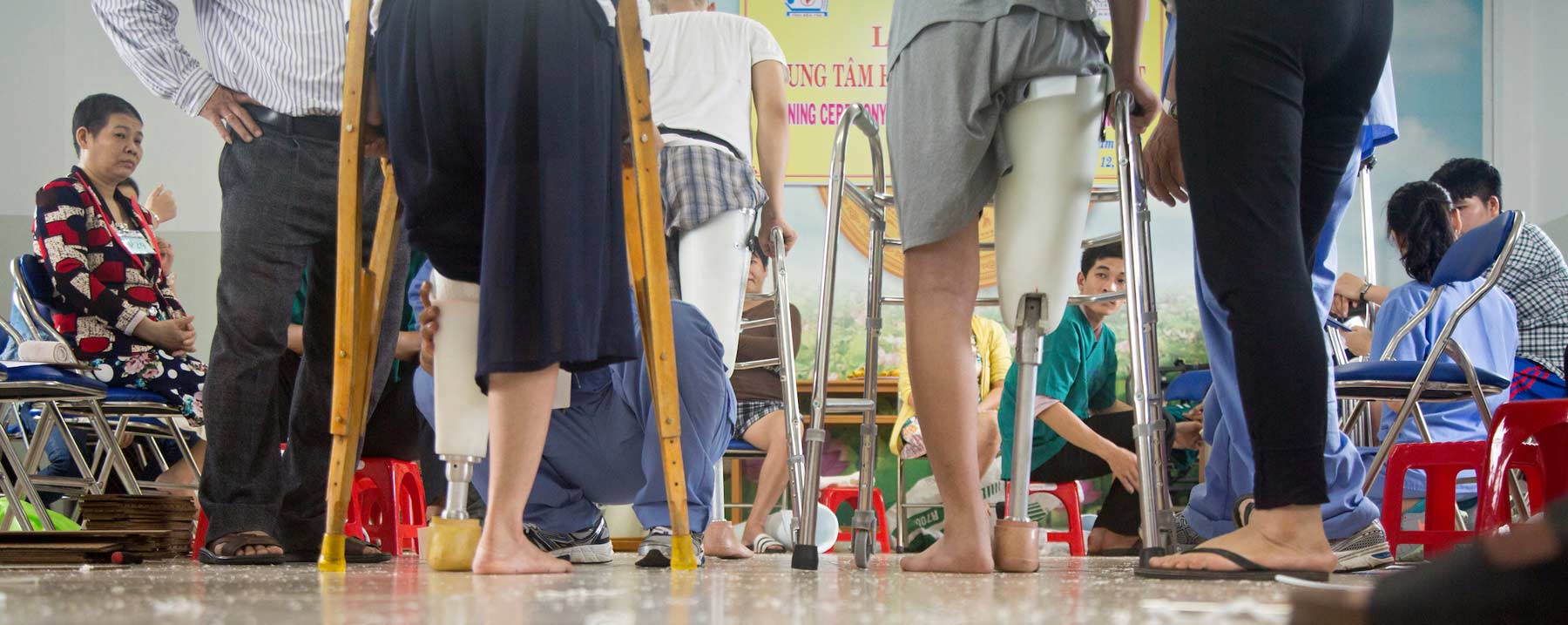
On June 25, 2015, the program was issued a Certificate of Operation, which officially acknowledges the Vietnamese government’s recognition and approval of its work. The certificate allows program-related taxes and fees to be waived, provides access to banking privileges and facilitates major purchases such as a vehicle that Mercer-trained fitters use to travel among several clinics in the country, including Ben Tre, Can Tho and Phung Hiep.
The Vietnamese prime minister has called Mercer On Mission the most effective NGO currently operating in the country. The prosthetics program has been recognized by the Clinton Global Initiative and engaged in discussions with the United Nations and other international agencies about expanding its efforts into additional countries.
“You have brought my life back,” an amputee fitted by a Mercer On Mission prosthetic team told Dr. Vo in 2009. “This was the most rewarding and happiest moment of my life,” Dr. Vo recalled.
